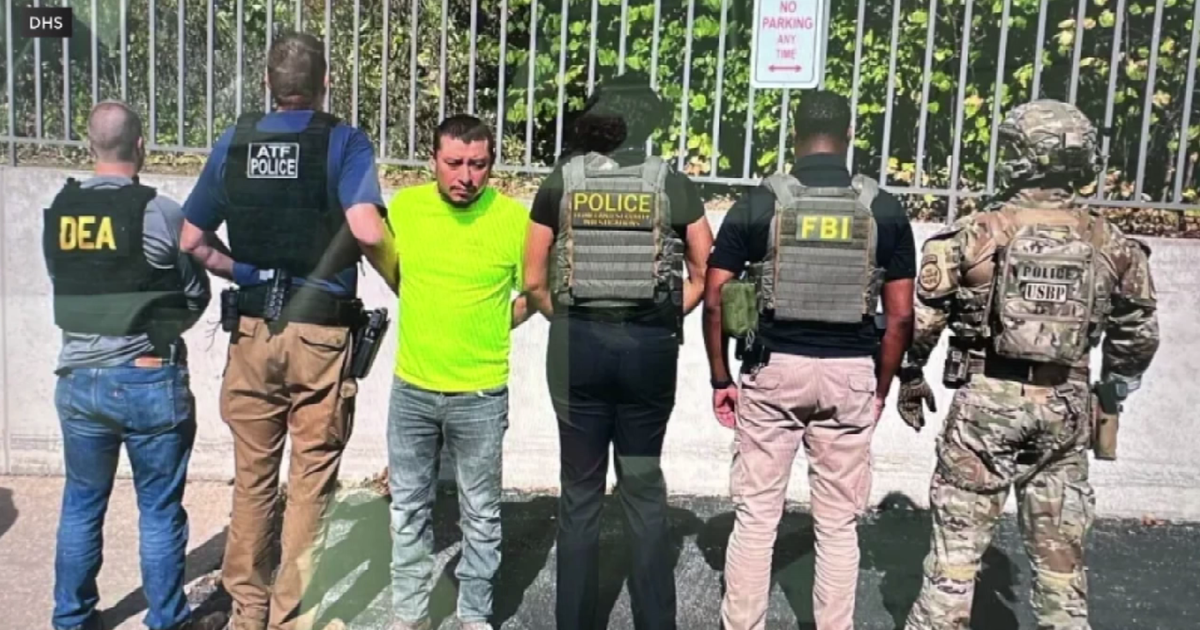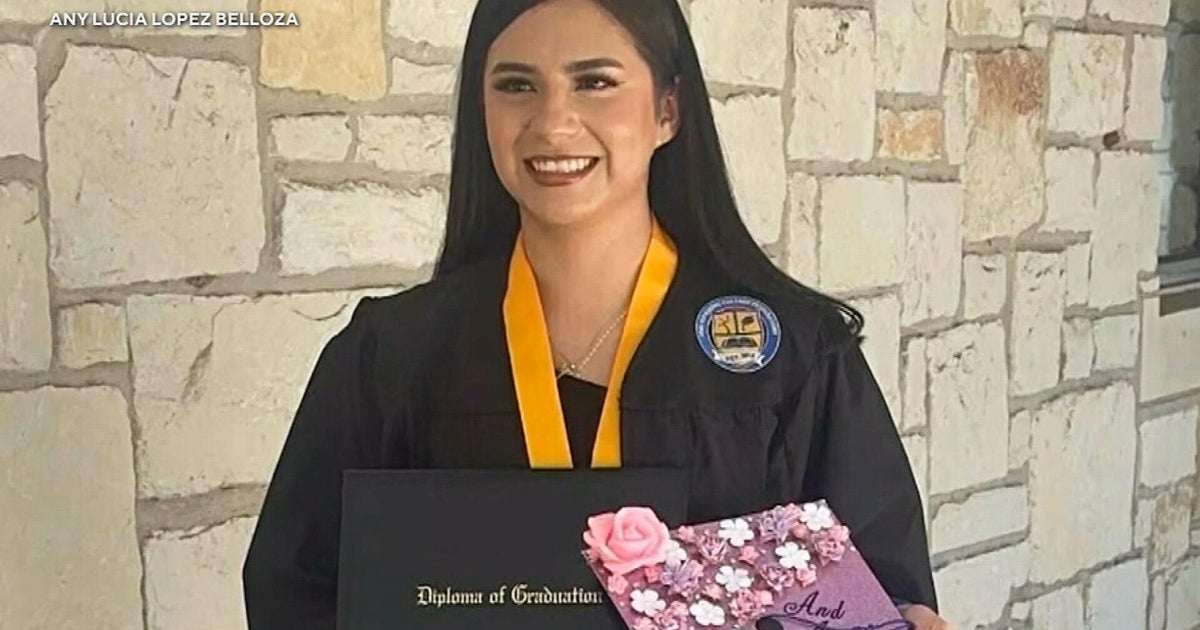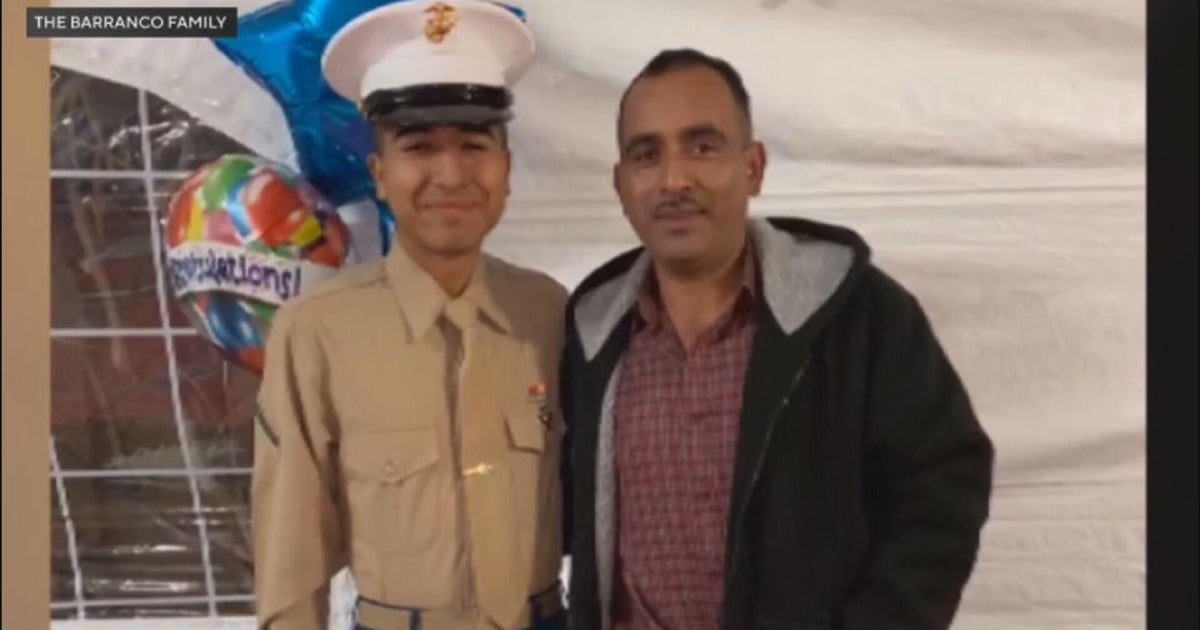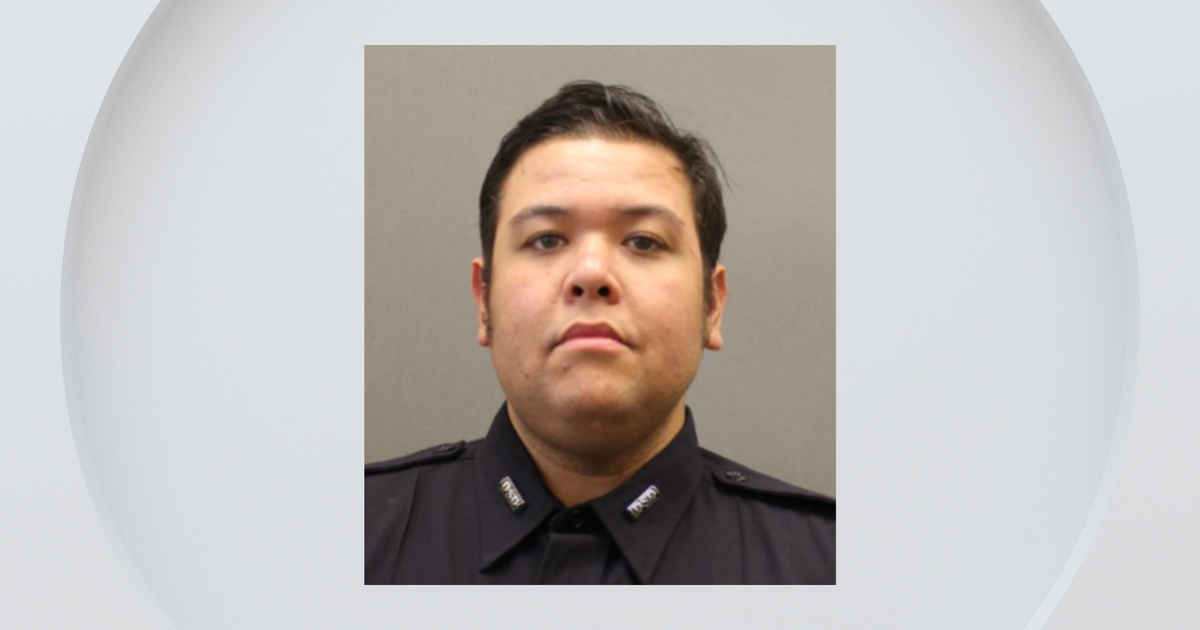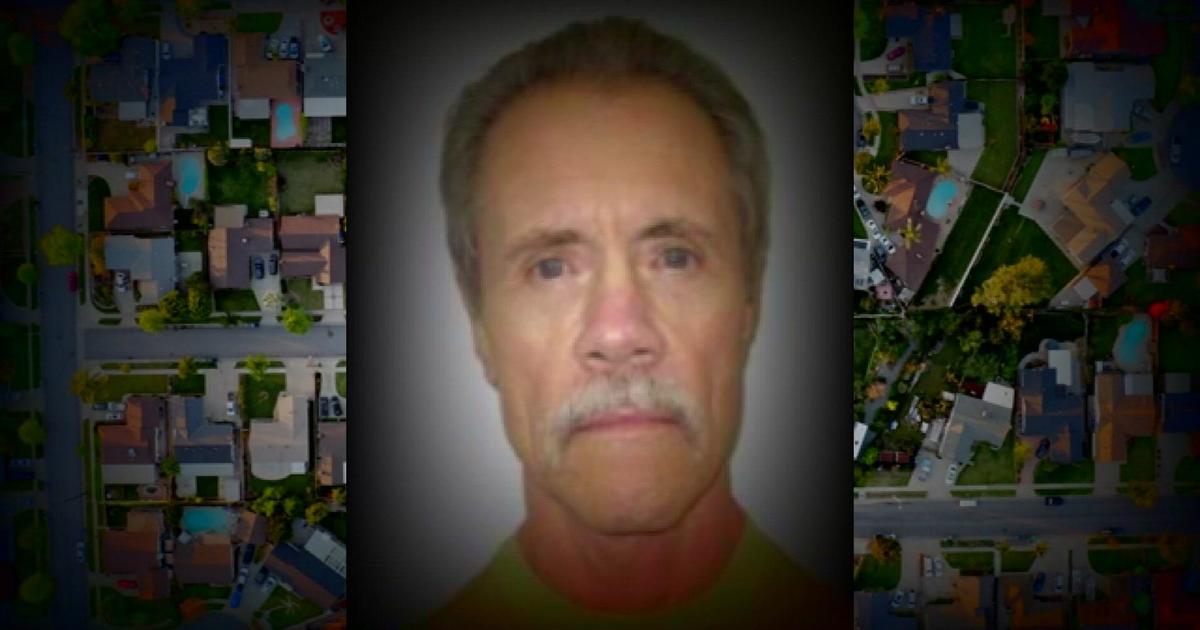Judge Undoes Key Ruling On NSA Evidence In Bomb Plot Case
CHICAGO (AP) -- A federal judge in a Chicago terrorism case has undone a key ruling where she found the government need not divulge whether its investigation relied on expanded phone and Internet surveillance programs -- opening the sensitive issue back up to debate.
U.S. District Judge Sharon Johnson Coleman took the rare step over the weekend of vacating that initial finding days after siding with government attorneys prosecuting Adel Daoud, a 19-year-old U.S. citizen accused of trying to ignite what he thought was a bomb next to a downtown Chicago bar last year.
Former National Security Agency contractor Edward Snowden leaked documents revealing the scope of U.S. surveillance programs earlier this year.
If they learn the government did use enhanced surveillance to trigger its investigation of Daoud, defense lawyers have said they would challenge subsequent evidence on grounds it violated protections against unreasonable searches.
Coleman last week seemed to dash defense hopes of mounting such a constitutional challenge when she accepted prosecutors' argument that -- because they don't intend to use evidence derived directly from expanded surveillance at Daoud's trial -- they aren't required to disclose if they relied on the programs.
In a brief docket entry docket Sunday, however, Coleman vacated her earlier ruling, writing that she "finds no prejudice in allowing further examination of this issue."
Both defense attorneys and a prosecutors' spokesman declined comment Tuesday.
Daoud has pleaded not guilty to the terrorism charges. Last Thursday, prosecutors announced he was also being charged with soliciting an FBI agent's murder while behind bars; defense lawyers denied the accusation.
(TM and © Copyright 2013 The Associated Press. All Rights Reserved. This material may not be published, broadcast, rewritten or redistributed.)
